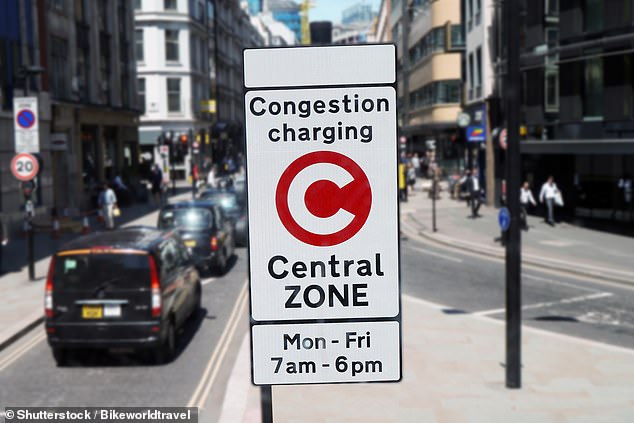It may not be a very merry Christmas for electric vehicle owners living in London when the festive season rolls around next year.
That’s because electric vehicles will have to pay the full price to drive in the capital’s congestion charge zone from 25 December 2025, Transport for London confirmed this week.
Owners of zero-emission models currently benefit from only having to pay £10 for an annual exemption from the charging zone, but TfL has confirmed they will be charged the standard rate (a £15 daily charge) from the end of next year.
One expert called the decision “baffling”, while others suggested London Mayor Sadiq Khan is trying to make up for the shortfall in revenue generated by the Ultra Low Emission Zone (ULEZ).
From 25 December 2025, all pure electric vehicles will have to pay the standard rate of congestion charge, a daily charge of £15, TfL has announced.
The UK recently celebrated having more than one million electric vehicles on the roads, and so far one of the financial benefits for Londoners has been the reduced congestion charge for driving a zero-emission vehicle into the city centre.
But from the end of 2025, that benefit will be eliminated.
And in a typical Christmas Scrooge moment, TfL will unveil the new changes on Christmas Day.
However, there will be a brief respite for electric vehicle drivers.
That’s because there is no congestion charge between Christmas Day and New Year’s Day (inclusive), giving electric car owners an unofficial grace period until the start of 2026.
A Transport for London spokesperson said: ‘The congestion charge discount for cleaner vehicles was part of our phased plan to tackle London’s toxic air.
‘The removal of the discount for cleaner vehicles from 25 December 2025 will maintain the effectiveness of the congestion charge, which is in place to manage traffic and congestion in the heart of London.’
The elimination of discounts for electric vehicles is estimated to affect around 100,000 drivers living in the capital.
In 2022, TfL said there were 69,172 “plug-in” vehicles (including plug-in hybrids) registered in London in the previous year, although given the adoption of fully electric cars since then the total is likely close to, if not above, six figures.
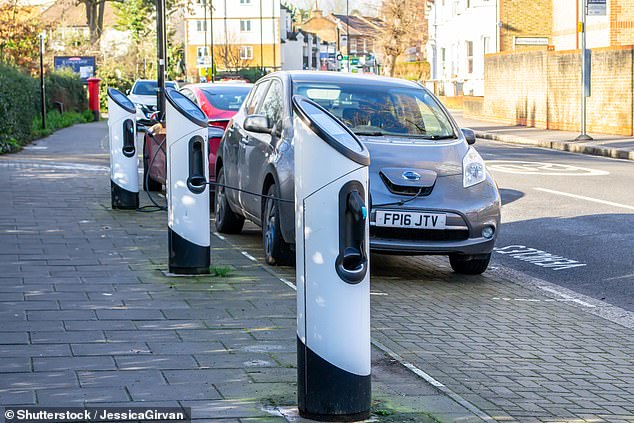
A Transport for London spokesperson said: “The end of the discount for cleaner vehicles from 25 December 2025 will maintain the effectiveness of the congestion charge, which is in place to manage traffic and congestion in the heart of London.”
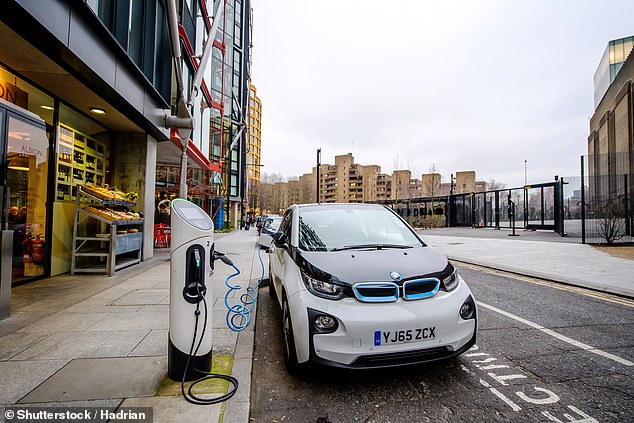
The removal of the Cleaner Vehicle Discount (CVD) is the third and final phase of a package of measures to reduce air pollution and congestion in central London.
The removal of the congestion charge is just the latest blow to current and future EV drivers.
The plug-in vehicle purchase incentive for electric models was removed in 2022, and from April 2025, owners of electric vehicles will have to pay the special vehicle tax (road tax) just like those who use petrol and diesel cars.
Currently, the ULEZ exemption is, along with the reduced EV charging point grant, the only existing government-backed benefit schemes for driving an EV in London.
The congestion charge changes were originally announced by the Mayor of London and TfL in 2018, as part of a package of measures to reduce air pollution and congestion in central London.
The Ultra Low Emissions Discount for the Congestion Charge zone was replaced by a new phased Cleaner Vehicle Discount (CVD).
Initially, from April 2019, only zero-emission capable vehicles were exempt from the congestion charge, before a second phase of tightening allowed only purely electric vehicles to qualify for the discount from October 2021.
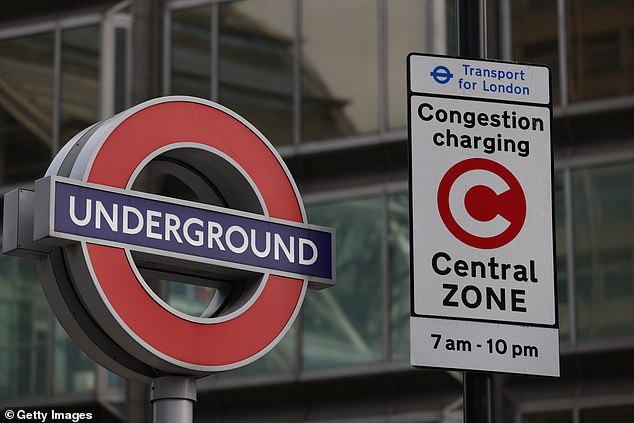
The congestion charge is a daily charge of £15 if you drive within the congestion charge zone from 7am to 6pm Monday to Friday and 12pm to 6pm Saturday to Sunday and Bank Holidays. There is no charge between Christmas Day and the New Year Bank Holiday (inclusive).
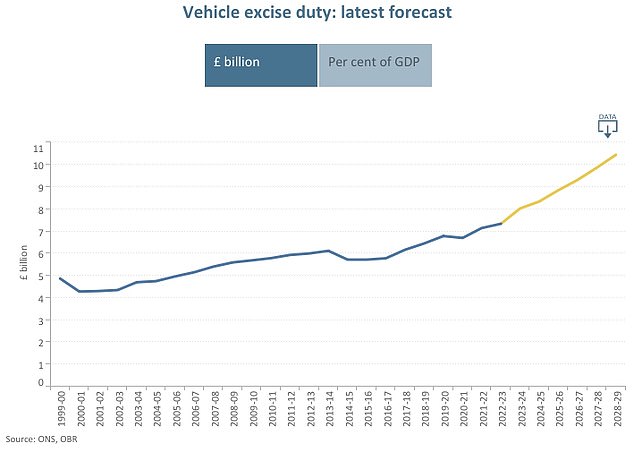
The ONS predicts the contribution of electric vehicles to the economy each year, and with half of all new vehicles sold by 2025 expected to be electric, the government wants to start raising tax revenue from them to meet its targets.
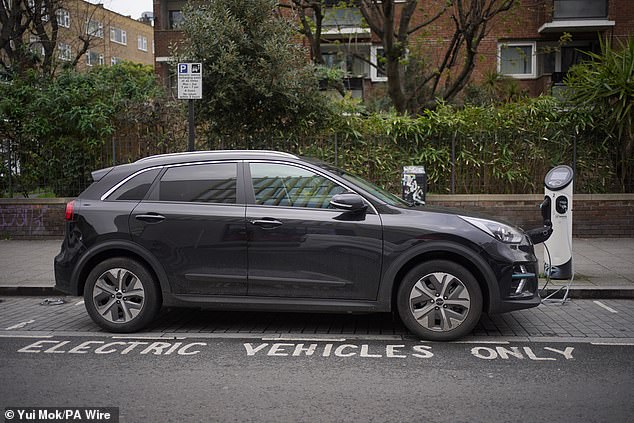
TfL has seen a sharp rise in vehicles registered for the CVD discount from just over 20,000 at the start of 2019 to more than 112,000 today.
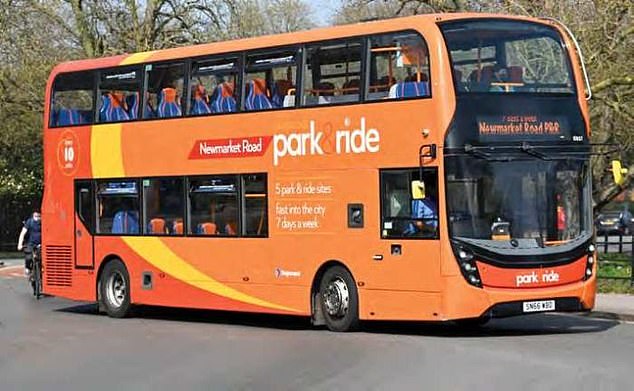
Jack Cousens, head of road policy at the AA, says drivers are willing to park their cars and use public transport to get into the city, as seen with Cambridge’s successful park-and-ride schemes. But London is a different story: “For its size, the number of park-and-ride spaces in London is pitiful.”
TfL has seen a sharp rise in vehicles registered for the CVD discount, from just over 20,000 at the start of 2019 to more than 112,000 today.
TfL expects the numbers to continue to rise significantly, in which case the benefits of the Congestion Charge would be undermined.
However, the industry response has questioned the logic behind the decision, with the AA saying it “may be a Christmas present for the Mayor” but “it is a turkey bone in the throat of EV owners who heeded his call to switch to green vehicles and improve air quality in the capital”.
Jack Cousens, head of road policy at the car group, said: ‘Taxi drivers and companies that have made the switch to electric will now face an additional financial hurdle, which will ultimately be borne by the consumer.
‘Similarly, car-dependent households will now pay more.
‘The key question is: has this decision been taken because it has not made as much money as it thought from the ULEZ expansion?’
While other cities have well-organised park-and-ride systems that make parking on the outskirts a simple option, this will not be the case in London: “For its size, the number of park-and-ride spaces in London is pitiful,” Cousens adds.
Oliver Lord, of the campaign group Clean Cities, told the BBC that the change is ‘disconcerting’.
He added: “By offering incentives to companies for electric vehicles, we are not only promoting greener transport but also drawing a line against the most polluting freight vehicles.”
Some links in this article may be affiliate links. If you click on them we may earn a small commission. This helps us fund This Is Money and keep it free to use. We do not write articles to promote products. We do not allow any commercial relationships to affect our editorial independence.

